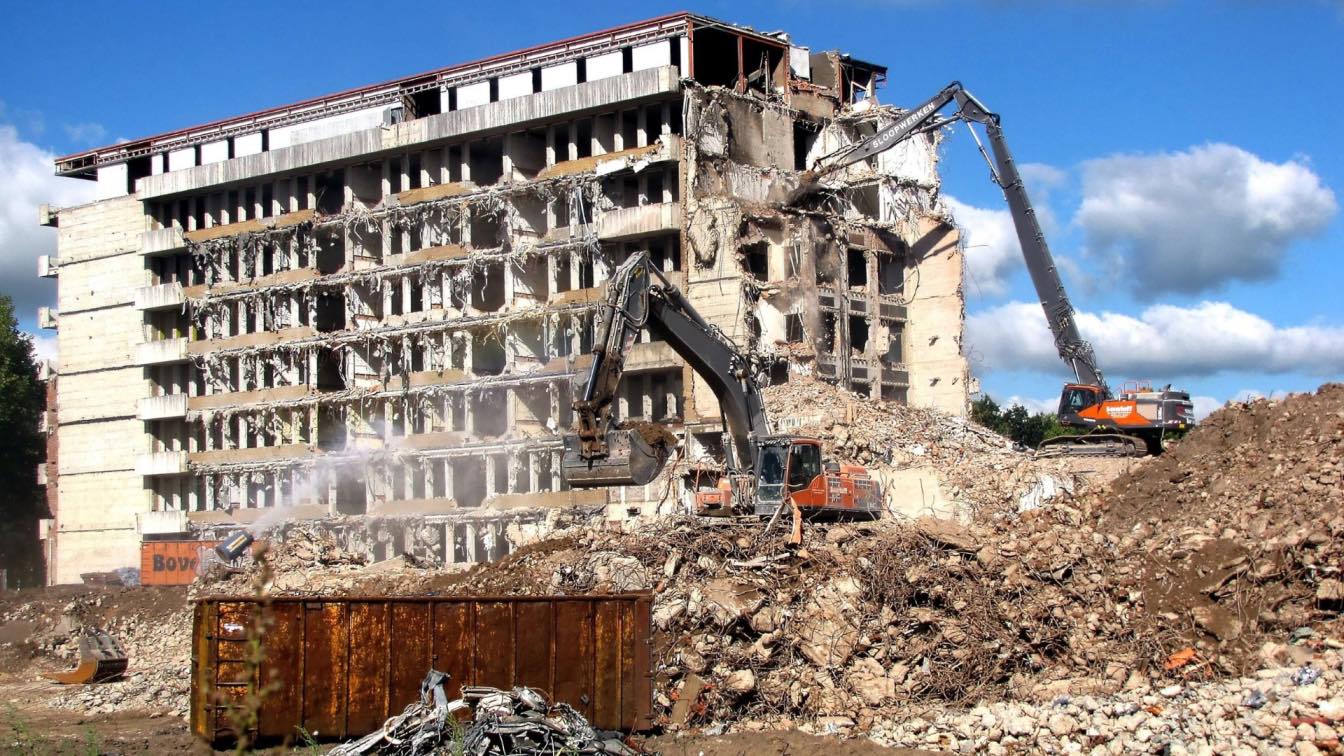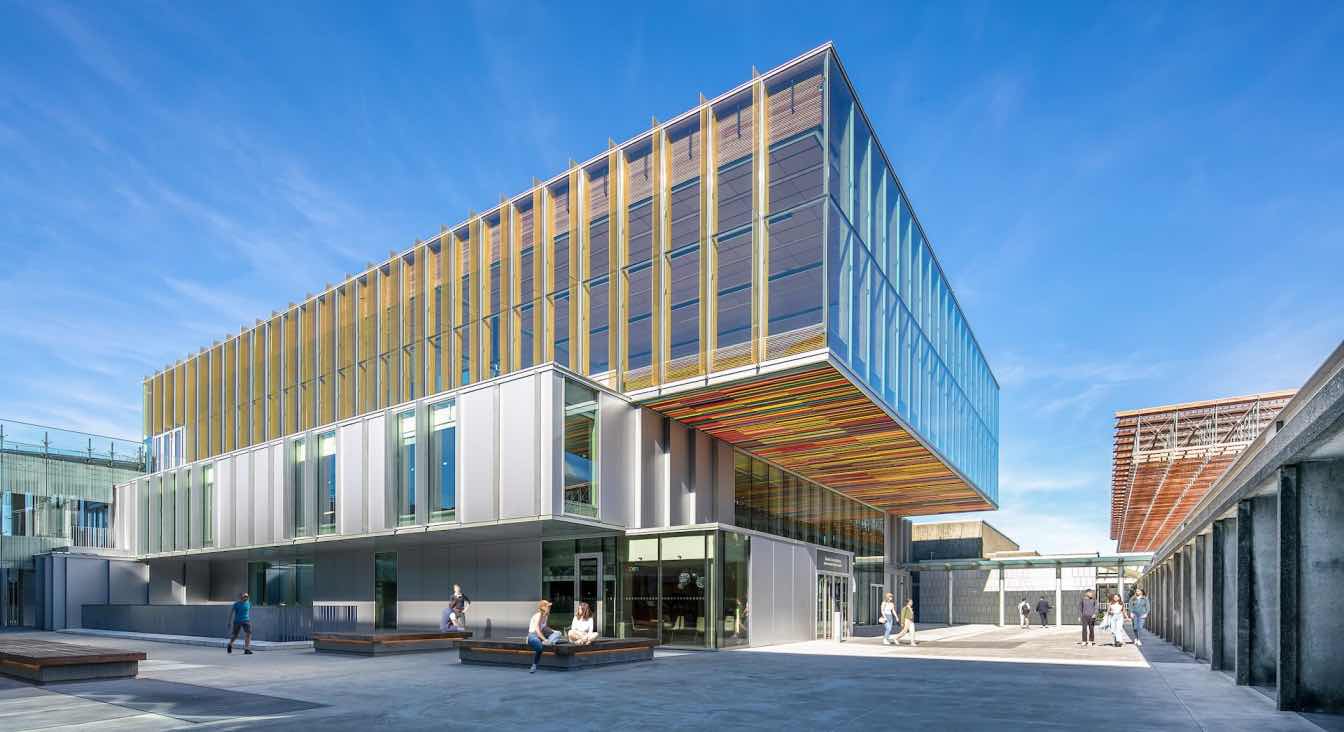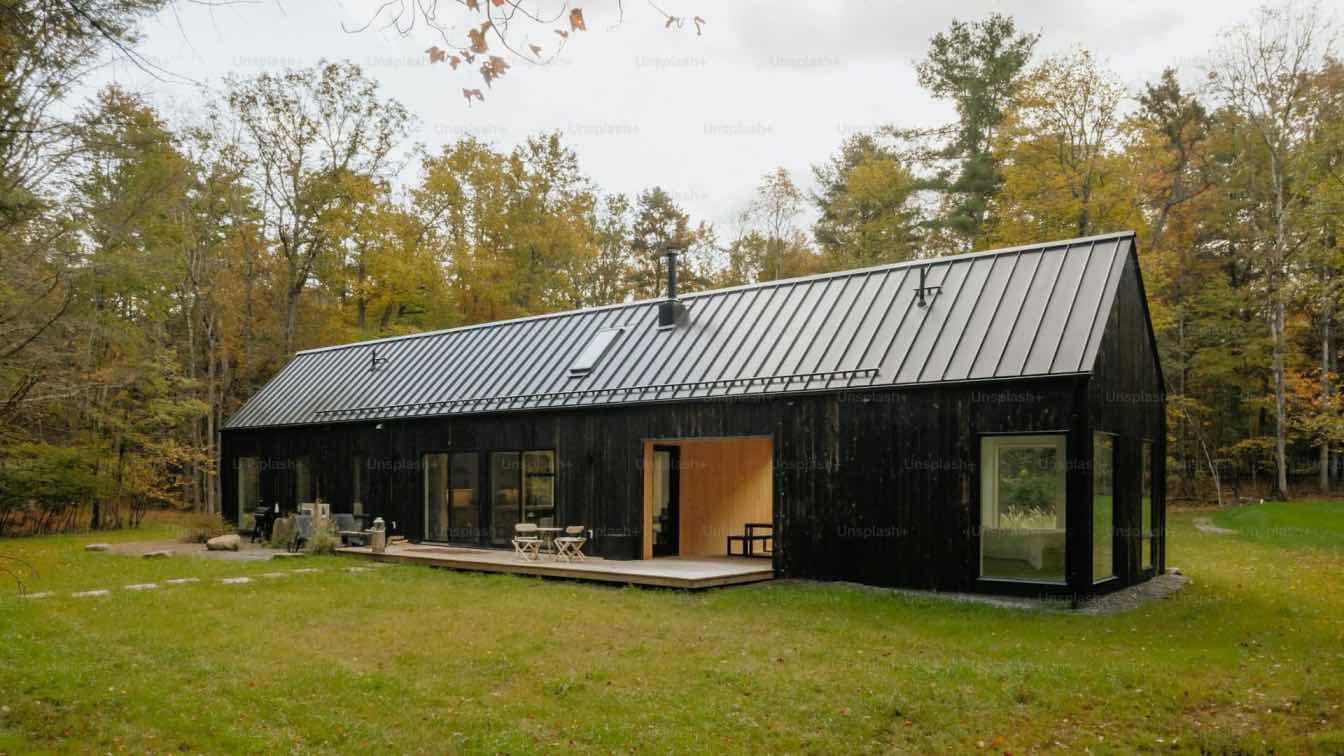Anyone involved in building remediation knows that there are numerous challenges that can arise during this process.
From determining appropriate approaches to ensuring best practices and getting the job done on time, it’s not easy orchestrating a successful remediation project.
It requires extensive knowledge of materials, design components, construction methods, as well as competency in regulations and governing codes. A thorough understanding of all these facets is paramount for a successful outcome, yet only an experienced builder can facilitate such an achievement!
In this blog post, we'll go over some of the common challenges associated with building remediation - from identifying root causes to carrying out necessary repairs - so you can be better prepared for each stage of your project.
Understanding the scope of the project and potential cost factors
When it comes to building remediation, understanding the scope of the project is crucial to its success. This involves identifying the types of issues that need to be addressed, as well as the extent of their impact.
It's also important to consider potential cost factors, as remediation can be a complex and expensive process. Factors such as the size of the building, the age of its systems, and the level of contamination will all play a role in determining the overall scope and cost of the project.
By taking the time to carefully assess these factors, building owners can better prepare themselves for the remediation process and ensure that they get the results they need.
Assessing existing infrastructure and any underlying damage
Building remediation projects can, without a doubt, pose various challenges that can be quite daunting to address. Understanding the scope of the project is often the first significant obstacle, where a clear comprehension of the building's issue and the necessary action steps must be established.
Not only does this involve the diagnosis of the problem, but it also necessitates the development of a workable solution. Various factors, including building materials, site accessibility, and location, can significantly influence the cost of potential remedies.
It is, therefore, crucial to work with experienced remedial building services who can give an accurate analysis and estimate of the costs and requirements of the project.
Identifying areas that need attention, such as structural repairs, water damage, or mold
When it comes to building remediation, identifying areas that need attention can be a common challenge. Structural repairs, water damage, and mold are just a few examples of issues that can arise.
In order to effectively remediate these problems, it is important to conduct a thorough inspection of the building and identify areas that may require attention.
This often involves working closely with experienced remedial building services who can help pinpoint areas of concern and develop a comprehensive remediation plan.
By addressing these issues early on, building owners can minimize potential damage and ensure that their property remains safe, functional, and structurally sound for years to come.
Adhering to building codes and other regulations for safety and compliance
One of the most common challenges that building remediation teams face is adhering to strict building codes and regulations for safety and compliance.
These codes and regulations are in place to ensure that structures are built to withstand natural disasters, fires, and other potential hazards.
To successfully navigate this challenge, remediation teams must be highly knowledgeable and up-to-date on local and national building codes, as well as other related regulations.
They must also work closely with building owners and other stakeholders to ensure that all necessary permits and approvals are obtained in a timely manner.
With careful planning and attention to detail, building remediation can be completed safely and efficiently, ensuring a secure and stable environment for years to come.
Ensuring proper disposal of hazardous materials or waste products associated with remediation efforts
Building remediation presents a complex set of challenges that require careful consideration and planning to ensure proper execution.
Among these challenges is the proper disposal of hazardous materials or waste products associated with remediation efforts.
Disposing of these materials improperly can have serious environmental and health consequences. In order to avoid this, it is important to have a thorough understanding of the laws and regulations governing the handling of hazardous materials.
Additionally, it is critical to work with experienced professionals who have the necessary expertise and equipment to properly manage waste products from remediation.
By taking these steps, we can ensure that building remediation is not only effective but also safe for our communities and our environment.
The benefits of using professional services for building remediation tasks
Building remediation can be a challenging and complex task, regardless of the size or scope of the project.
While some property owners may attempt to tackle remediation themselves, there are many benefits to using professional services for this type of work.
From identifying and addressing structural issues to addressing environmental hazards, remedial building services can provide a comprehensive and effective solution.
With years of experience and the latest tools and techniques at their disposal, professional remediation teams can ensure that your property is restored to its original condition quickly and efficiently.





